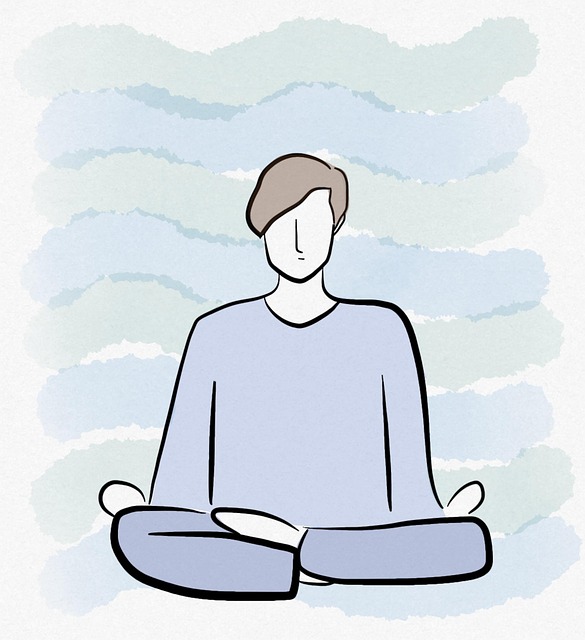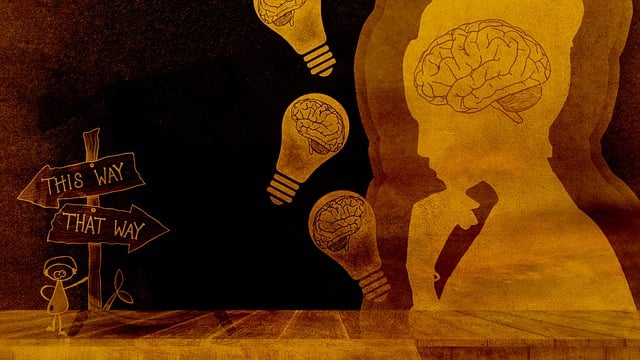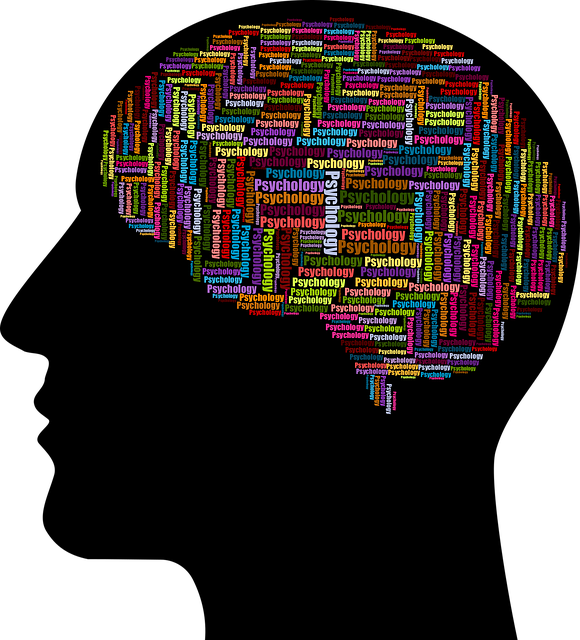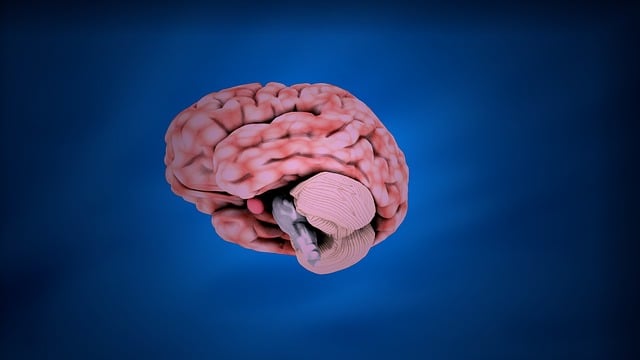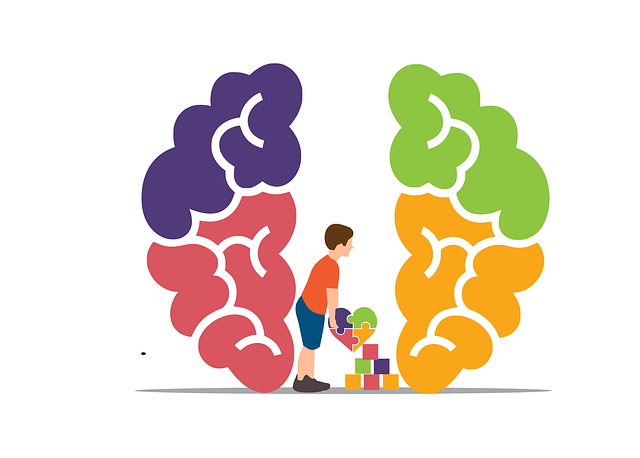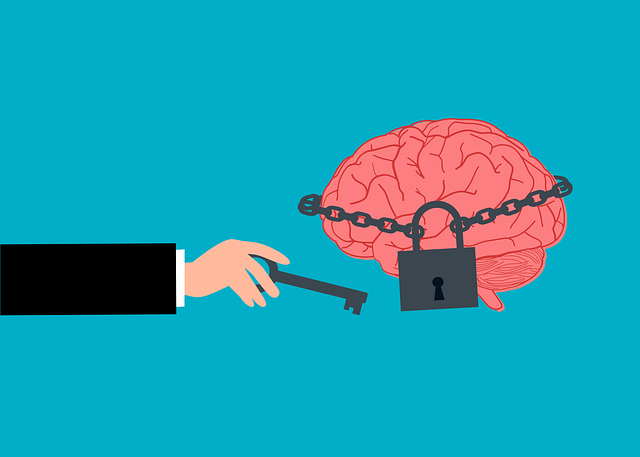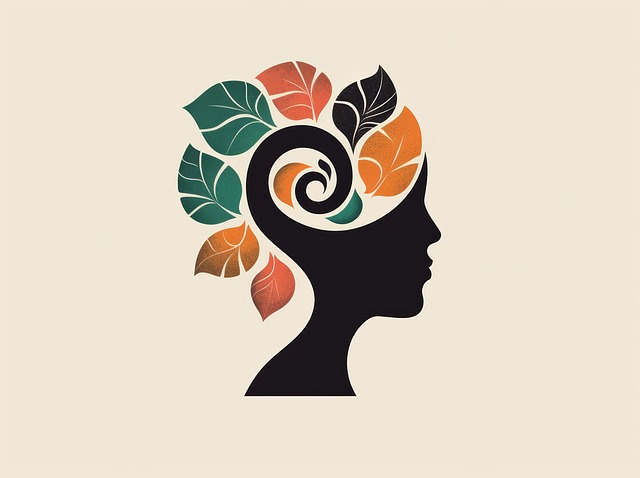Mental wellness in young children is a critical yet often overlooked aspect of their development. Psychological testing identifies early signs of issues like anxiety or depression, enabling timely intervention through specialized therapy and mental wellness coaching. Group facilitation creates supportive environments that enhance outcomes by encouraging emotional intelligence and reducing social isolation. Effective techniques include self-esteem exercises, emotional regulation strategies, creative therapies, and stress management workshops. Regular psychological testing provides valuable insights for tailored, age-appropriate activities that promote mental wellness, relieve anxiety, and foster healthy coping mechanisms in young children.
Mental wellness group facilitation plays a pivotal role in fostering resilience among young children. This article delves into strategies that therapists can employ to create supportive environments, enhancing emotional well-being. We explore key aspects such as understanding mental health in youth, the power of group dynamics in therapy, and effective techniques for engaging sessions. Additionally, we examine psychological testing as a tool to inform facilitation, tailoring support for each child’s unique needs. Through these insights, therapists can navigate complex emotional landscapes, offering effective Therapy for Young Children.
- Understanding Mental Wellness in Young Children
- The Role of Group Facilitation in Therapy
- Effective Techniques for Group Sessions
- Psychological Testing and Its Impact on Facilitation
Understanding Mental Wellness in Young Children

Mental wellness in young children is a crucial aspect often overlooked in favor of focusing solely on physical health. Understanding and facilitating healthy psychological development early on can significantly impact a child’s future mental health and overall well-being. Psychological testing plays a vital role in identifying potential issues, such as anxiety or depression, that may not be immediately apparent to parents or caregivers. This initial step allows for the timely intervention necessary to prevent more severe problems from developing later in life.
Through therapy for young children and specialized mental wellness coaching programs, facilitators can employ various techniques to promote emotional well-being. Social skills training and development are essential components of these programs, as they help children learn to express their emotions effectively and interact with peers positively. These strategies not only foster a sense of belonging but also empower kids with the tools to navigate social situations confidently, thereby enhancing their overall mental wellness.
The Role of Group Facilitation in Therapy

Group facilitation plays a pivotal role in enhancing therapy outcomes, especially for young children undergoing psychological testing. This collaborative approach goes beyond individual treatment, creating a supportive environment where kids can learn from and connect with their peers facing similar challenges. Through skilled group facilitation, therapists facilitate open discussions, foster peer support, and teach valuable conflict resolution techniques. By integrating compassion cultivation practices into these sessions, professionals help children develop emotional intelligence and empathy, fostering a sense of belonging and reducing social isolation.
The dynamic nature of group therapy also encourages the exchange of coping strategies and perspectives, enriching each participant’s mental wellness toolkit. Moreover, group facilitation is instrumental in risk management planning for mental health professionals, allowing them to monitor and address emerging issues promptly. This collective approach not only benefits individual clients but contributes to a more holistic understanding of community mental health needs, particularly relevant in addressing the unique challenges faced by young individuals.
Effective Techniques for Group Sessions

In facilitating mental wellness group sessions for young children, certain techniques have proven effective in fostering a safe and supportive environment that encourages open communication and emotional expression. One such technique is self-esteem improvement exercises designed to help children recognize their strengths and achievements. This not only boosts their confidence but also serves as a foundation for building resilience against external pressures. By incorporating activities that promote positive self-talk and constructive feedback, facilitators can create a space where every child feels valued and respected.
Moreover, emotional regulation strategies play a pivotal role in group therapy sessions. Facilitators should introduce age-appropriate techniques like deep breathing exercises, mindfulness activities, or even creative outlets such as art therapy to help children understand and manage their emotions effectively. These practices not only enhance emotional intelligence but also equip young participants with tools to navigate stressful situations, thereby reducing anxiety levels and promoting overall mental wellness. Incorporating stress management workshops within the group sessions allows for interactive learning experiences that empower children to identify triggers and develop healthy coping mechanisms. Such organized activities contribute significantly to the holistic development of young individuals, supporting their psychological growth through psychological testing and ongoing practice.
Psychological Testing and Its Impact on Facilitation

Psychological testing plays a pivotal role in group facilitation, especially when focusing on therapy for young children. These assessments provide valuable insights into each child’s emotional and cognitive landscape, enabling facilitators to tailor their approach for optimal mental wellness. By understanding individual strengths and weaknesses, facilitators can create a supportive environment that fosters anxiety relief and promotes healthy coping mechanisms. This personalized approach is crucial in preventing burnout among young participants, ensuring they receive the right care at their developmental stage.
Incorporating psychological testing data allows facilitators to design age-appropriate activities and discussions, fostering a sense of belonging and understanding within the group. Such testing can identify specific issues like social anxiety or learning difficulties, prompting targeted interventions. This proactive strategy not only enhances overall mental wellness but also equips children with essential tools to navigate their emotional landscapes, contributing to their holistic development.
Group facilitation techniques play a pivotal role in enhancing mental wellness among young children, offering a supportive environment for them to express themselves and develop crucial coping strategies. As discussed, understanding the unique needs of young minds and utilizing effective techniques like those outlined in this article can significantly improve outcomes in therapy. Integrating psychological testing further enriches the facilitation process by providing insights into each child’s specific challenges, enabling tailored interventions. By embracing these methods, therapists can foster a positive impact on the mental health and overall well-being of their young clients.
